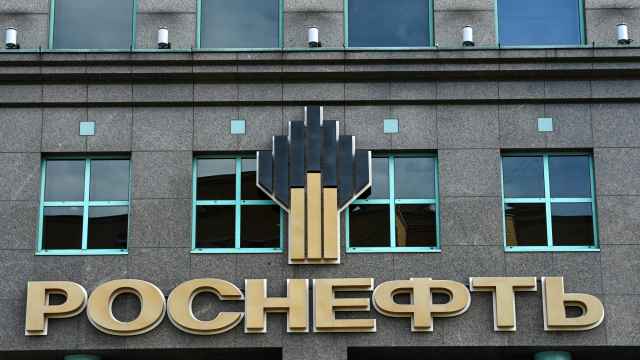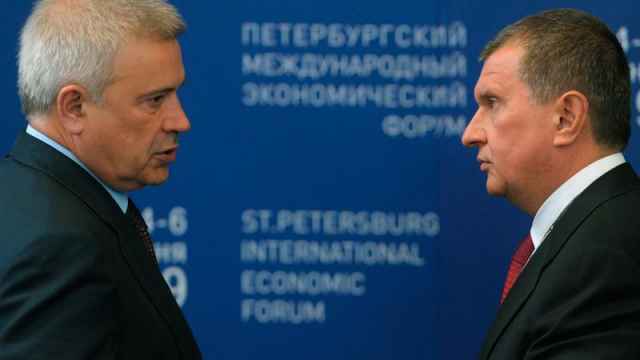Several Russian energy companies have won a battle against an unusual enemy: their UK-based “clones.”
The oil and gas companies Transneft, Tatneft, Lukoil, and Surgutneft have convinced British authorities to annul the clones' registration, according to documents published by the British Supreme Court and the state business registry.
The Gazprom Neft oil company also had its clone annulled, a company representative told the Vedomosti newspaper.
The British clones were all fake corporations — formally registered under the names of the Russian companies' top executives, but with no relation to the real firms. Legal experts suspect they were established as part of a scam to sign contracts and receive monetary advances from gullible business partners.
Last year, the RBC business daily discovered seven clones of Russian energy companies registered in Britain. All were established between March and June 2016 and, on paper, were indistinguishable from legitimate subsidiaries of the companies.
Following the RBC report, at least five of the Russian companies took action. They got their clones liquidated by different means: appealing to Companies House, Britain's state registry of businesses or involving Interpol and going to court.
This is not the first time in recent memory that fake or deceptively named companies have made the news.
On Oct. 17, Scott Dworkin, an activist against then-presidential candidate Donald Trump, released what he believed to be evidence of illicit ties between Trump and Russia: a list of 249 Russian companies with "Trump" in the name.
The list would later become the first item in a fully-fledged report on Trump's alleged Russian connections released by the Democratic Coalition Against Trump, where Dworkin served as a senior advisor.
For many Russia-watchers, however, the company list was an obvious red herring — mainly due to Russia's lax enforcement of laws against "illegal branding."
A Message from The Moscow Times:
Dear readers,
We are facing unprecedented challenges. Russia's Prosecutor General's Office has designated The Moscow Times as an "undesirable" organization, criminalizing our work and putting our staff at risk of prosecution. This follows our earlier unjust labeling as a "foreign agent."
These actions are direct attempts to silence independent journalism in Russia. The authorities claim our work "discredits the decisions of the Russian leadership." We see things differently: we strive to provide accurate, unbiased reporting on Russia.
We, the journalists of The Moscow Times, refuse to be silenced. But to continue our work, we need your help.
Your support, no matter how small, makes a world of difference. If you can, please support us monthly starting from just $2. It's quick to set up, and every contribution makes a significant impact.
By supporting The Moscow Times, you're defending open, independent journalism in the face of repression. Thank you for standing with us.
Remind me later.






